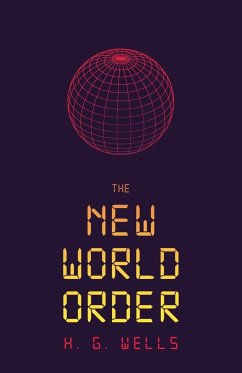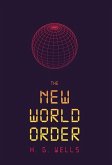Whether it is attainable, how it can be attained, and what sort of world a world at peace will have to be. Today the phrase 'New World Order' evokes dystopian visions of enforcing a uniform international peace, Big Brother surveillance and legal order through a system of collective security and stringent control of a brainwashed citizenry. H. G. Wells called for the complete socialisation of the world. He vocally criticised Soviet Communism and European Fascism, but he embraced certain measures these systems implemented, like the abolition of private property and the management of youth. He believed such courses of action were leading the world towards collectivisation and the unity of mankind. If we want true peace and prosperity to reign, Wells argued, there is only one way to bring it about: subsuming all human affairs under a single government and the establishment of a world state. Wells laid the groundwork for a 'paradise on Earth' in this little book from 1940. His visions were apparently taken seriously by powerful financial and political circles that have gradually put them into practice over the last eighty years. Wells did not merely make predictions. There is little doubt that he was a major player in creating the current New World Order.








